Home | NPTT- (NURSERY PRIMARY TEACHER's TRAINING)
NPTT or Nursery Primary Teacher's Training has long been one of the most preferred professions for women in India. Besides earning them handsome salaries, the field also exposes them to different influences.
The fact that such teachers professionally deal with children only enhances their personal ability to interact with and nurture young ones. Thus, NPTT graduates are often among the most respected women in society.
Read MoreWith the rise of countless new public and private school across India, the need for skilled primary teachers is rapidly rising. This has caused more and more women to look for quality teacher training for nursery and primary schools across India.
Naturally, the number of institutions offering these kinds of training has also risen rapidly. However, a select few among them like IWP have retained their prominent position right at the top of the field. If you are looking for a top-tier education in NPTT, then IWP is the best in the business.
Let's have a look at the teaching methodology that is at the core of the NPTT course at IWP. This will also help you understand why we rank among the best and how you can benefit from getting NPTT here.
NPTT at IWP: Turning Teachers into EducatorsA lot of people think that nursery and primary teachers have among the easiest jobs in the entire galaxy of occupations in the teaching domain. However, this is completely wrong. As a matter of fact, nursery and primary teachers need to be highly trained in many fields to have a good understanding of how to handle children and help them develop.
The reason for this is that children in nursery and primary are in the most fragile phase of their lives. They need to be nurtured and helped in growing into beautiful people. You will often see developmental psychologists putting a lot of emphasis on this stage of any child's life. They do so because whatever the child absorbs and make a habit of during this time will affect the remainder of their lives.
Understanding the fundamentals of cognitive development and recognizing the pivotal role that you will play in your students' life is vital for success. More that achievement and even more than money, being a primary teacher is about dedicating yourself to the future of children.
That is why at IWP our NPTT faculty comprises of experienced primary teachers with practical knowledge of child psychology and growth. Let's have a look at the orientation process we endorse to every NPTT student at IWP:
Understanding Your Students : This is the first thing that every NPTT student at IWP is taught. They are given a thorough exposure to the kinds of personalities that any number of children might have. This exposure is based partly on documented child psychology studies as well as the real-life experience of our own NPTT educators. As a result, our NPTT students get a complete overview of the most prominent kinds of personality traits that they are likely to find in their students.
However, simply understanding a student's personality is not enough. As a matter of fact, it is only the starting point of getting to know them in person. That is why our NPTT students are made to develop interpersonal and conversational skills that will help them further unravel their students' personalities when they begin working. This also helps them critically assess the needs of every child and develop a unique nurturing plan to help them grow and become better students later in life.
A core part of the educational philosophy at IWP revolves around a collaborative evaluation process. Naturally, when you start working in a nursery or primary school, you will be working with other teachers. Some will have more experience than you while others will be looking to you for advice. Therefore, it is vital that you take each and every one of their opinions into consideration when thinking of how to help your students grow.
To help our teachers develop their collaborative skills, we ensure and implement and group learning process in our NPTT classes. Our students learn from each other, absorb each other's' talents and teaching abilities and become better educators themselves as a result.
Developing the Class Plan : The mark of a good teacher is evident when they are able to accommodate the needs of every student within the class plan. This requires a lot of effort as well as personal interest. What you need to understand here is that everyone cannot become a nursery and primary teacher. In fact, you need to have a set of very specific skills to be able to succeed in this field. The first among these in empathy, which is the ability to intuitively understand your students and their needs.
That is why IWP puts a lot of emphasis on helping NPTT students develop emotional intelligence. Through the duration, of course, this becomes a matter of habit for them and then naturally integrate it into their class plan and teaching strategy. This plan is always made according to the needs of individual students while also staying true to the prescribed curriculum.
As a result, our NPTT students learn how to utilize the developmental framework prescribed by the school but at the same time understand how they can make the process more integral and interactive for their students.
Application and Feedback : This is the practical phase of the teaching process and strategy. This is where you get to see your plan at work. The best kind of teachers at any level of education are able to modify their plans to fit the needs of the moment. So, you might start with a general plan based on your evaluation of the personalities of your students. But when you see the need for change or even an opportunity to impress and influence them better, you can take advantage of it.
Now, once the plan has been implemented, it becomes necessary to understand how successful it was. Naturally, while you are teaching, you would not have been taking notes on how the students reacted. However, if you are a dedicated teacher, then you will remember the reactions given by each student. Based on what you observed and what direct feedback you got from your students, you will need to change your teaching strategy.
Let's say for example that one of your students is not among the most vocal in the class. However, they respond very well to images and have a particular love for coloring. Then you can use things like on-the-spot drawing and flashcards to make the lessons more interactive. This is also bound to help other students learn as well.
This is just one example of the countless that our NPTT students are made to understand and work according to. Now that you understand the holistic and comprehensive nature of our NPTT process, let's have a look at the actual parts of the curriculum that you will be learning.
The NPTT course at IWP is arguably the most extensive when it comes to readying students for a nursery and primary teacher career. The reason for our success is because of the firm foundations we put down right at the beginning and the immense practical reinforcement we provide threafter.
The first thing you should know about the IWP NPTT course is that it is available in two variants – 1-year Diploma and 2-year Higher Diploma. Out of the two, the second is much more popular because of the sheer amount of exposure it gives to the students.
However, this does not mean that the 1-year Diploma is any less educating. In fact, it is often applied to girls who want to start working as soon as possible. Another thing you should know is that IWP also offers the NPTT education as a correspondence course.
Now, let have a look at the most important parts of the course that are common to both variations.
Child Psychology : As we said earlier, understanding the fundamentals of developmental psychology is at the core of the IWP NPTT course. Our students are taught the essentials of understanding how nursery and primary students develop their mental skills as well as their physical abilities. This two-fold approach ensures that all aspects of the child's growth are taken into consideration.
At the same time, students learn to develop interactive skills and understand how to nurture creativity as well as use it to teach students. This gives our NPTT students the ability to devise effective lesson plans and then compare them to the plans made by other students. Thus, they are also able to learn from their fellow students.
A very important lesson that is part of the Child Psychology segment of our course is understanding that children grow rapidly. This also influences their way of thinking and a good nursery and primary teacher must be able to spot these changes. Being able to do identify them can be very helpful in not only helping the children cope with their struggles but also allowing parents to better understand the child's needs.
Educational Philosophy : Educational philosophy refers to the theory of teaching. Learning this is all-important get a strong teaching foundation going. In this part of the course, students learn the essentials of teaching. This part might be very theoretical but for those who pay attention, this can be the source of great knowledge. Often you will find that nursery and primary teachers who become administrators or department heads are well-versed in educational philosophy.
As a leading women's educational institution, IWP is committed to helping our students build strong careers. This means that they should not only be job-ready but also have the educational knowledge to excel in their careers. That is why our NPTT educators tell students to give a lot of attention to the educational philosophy part of the course. Without a doubt, those who want to be well-known for their teaching ability take this portion of the course very seriously.
Method of Teaching : Structure along with innovation is what sets the NPTT students from IWP apart from others. It is one of the main reasons why they get placed so easily and start holding important positions at their job. Obviously, every teacher has a different and somewhat unique teaching methodology which they work according to. However, it is important to be able to adapt to a general teaching plan which is proven to give results.
At IWP, our NPTT students are encouraged to develop and customize their own teaching methods. But they are also made to understand how to use structure to formulate their methods. This eliminates the problems of ineffectiveness and increases the ability to reach out to students. Students who are able to adapt to this dual approach are best suited to work in famous schools or even start their own nursery.
Additional Career Development : When you are thinking of making a career in any field, it is essential for you to look at it holistically. NPTT is not just about teaching children. It also involves administration, liaising and a host of other tasks that are all equally important. At the same time, it also requires you to be a strong person with a passion for success. That is why IWP teaches all students how to develop their personality. Specifically, NPTT students are also taught a variety of other skills like rhyme recitation and story narration training to help them get better at their job.
These are some of the many aspects of the NPTT course at IWP. However, this is not a comprehensive list. For a total overview of the course, you should download our prospectus or visit us in person. Now, let's look at whether IWP is the right institution for you to get your training.
IWP is the leading authority for women's education in India. It has a long legacy boasting of successful careers and excellent opportunities. That is why it is not surprising that countless women apply for its courses each year. Our NPTT course is particularly well-known and students graduating from it find it easy to get employed. If you want a successful start to your career in nursery and primary teacher training, then IWP is the best place to launch off into the skies!
DURATION: 1 Year / 2 Years
ELIGIBILITY: 10+2
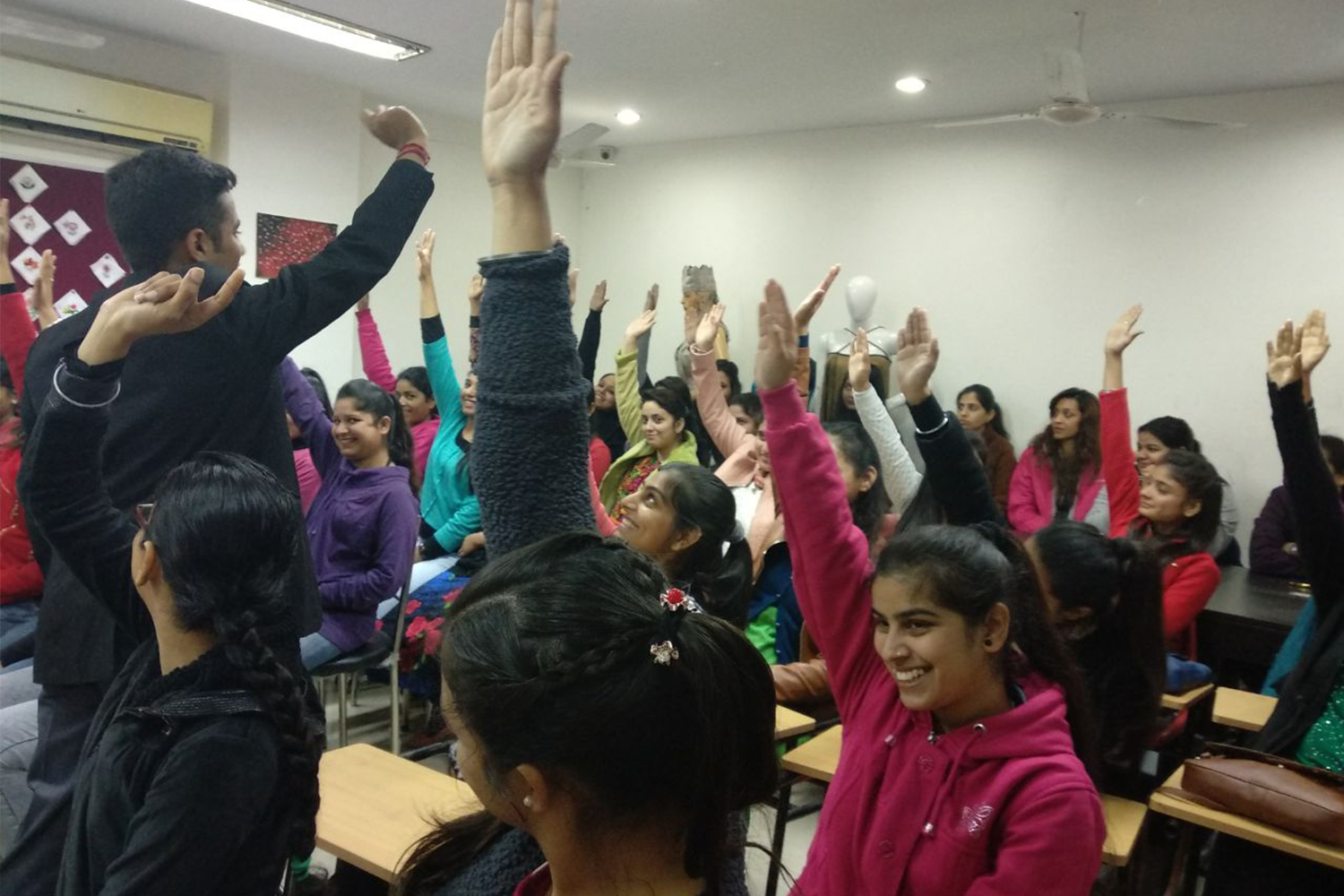
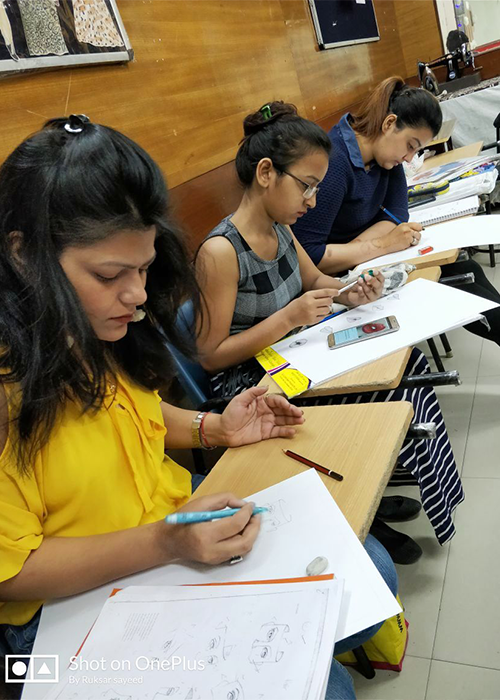
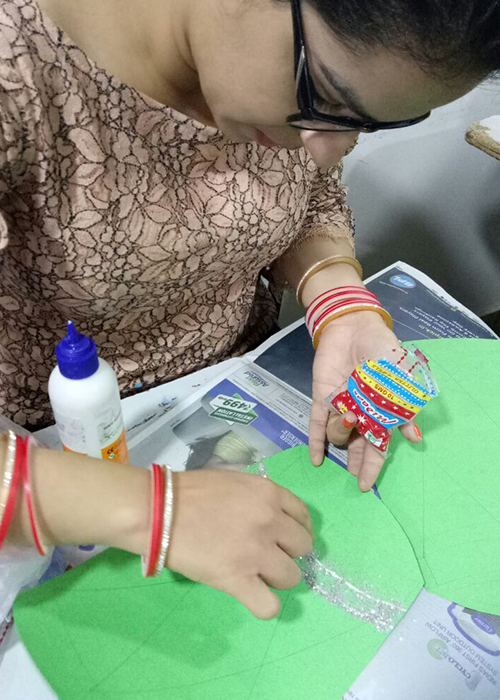
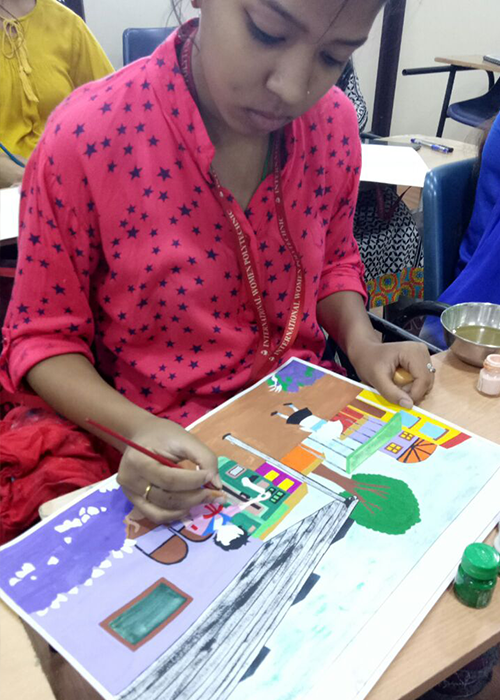
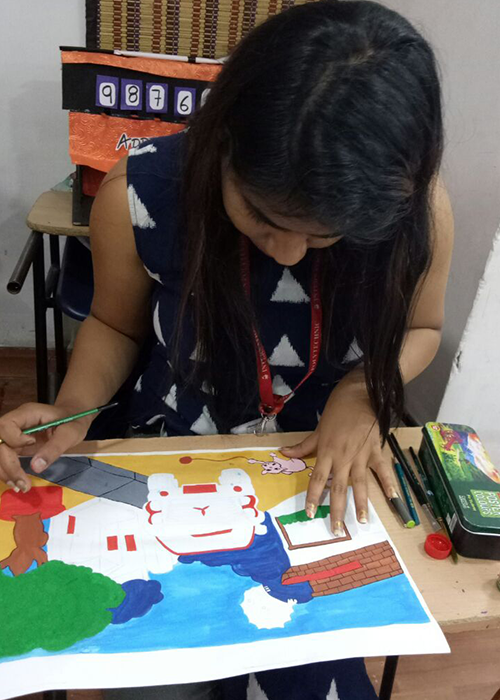

Become Our Franchisee
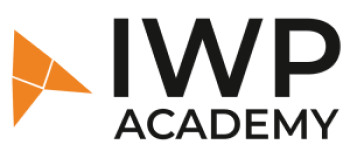
Fill in your details to get started